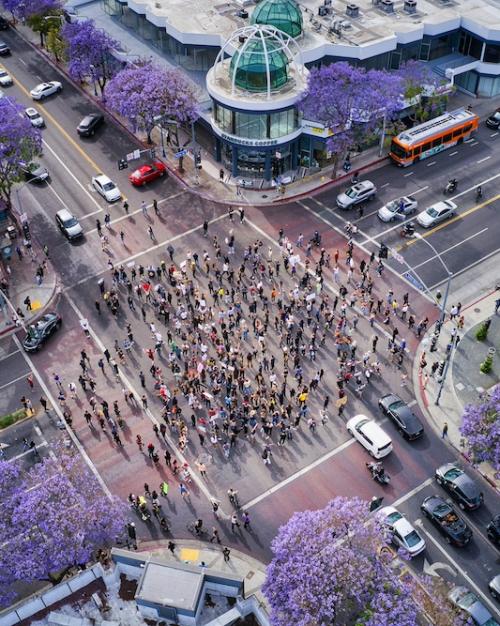A new $567,000 grant from the National Science Foundation (NSF) will further economist Marco Battaglini’s investigations into the dynamics of collective action problems.
From organizing a charity event to demonstrating against an authoritarian regime to ratifying an environmental agreement, collective action is one of the most basic and ubiquitous forms of strategic interaction in a society, said Battaglini, the Edward H. Meyer Professor of Economics in the College of Arts and Sciences.
But how do collective actions begin? How do people decide to join in, and what does it take to sustain a collective action? Battaglini and co-primary investigator Thomas R. Palfrey of the California Institute of Technology want to better understand how and at what point in time people decide to join in a collective action. Uncovering these dynamics could help groups better organize in order to get people to work together.
In practice, time is a key component, Battaglini said.
“A public good can be achieved by a group if individual contributions are sufficiently high,” Battaglini said. “Participants have an incentive to procrastinate, waiting for others to contribute. But if everyone abstains or procrastinates, the public good is not achieved. So we would expect them to naturally self-select over time.
“One of our goals is to study how this self-selection occurs. It is a very basic question any society has to face.”
The NSF-funded project includes an experimental portion.

Historical marker commemorates Toni Morrison’s time in Ithaca
Cornell Chronicle



